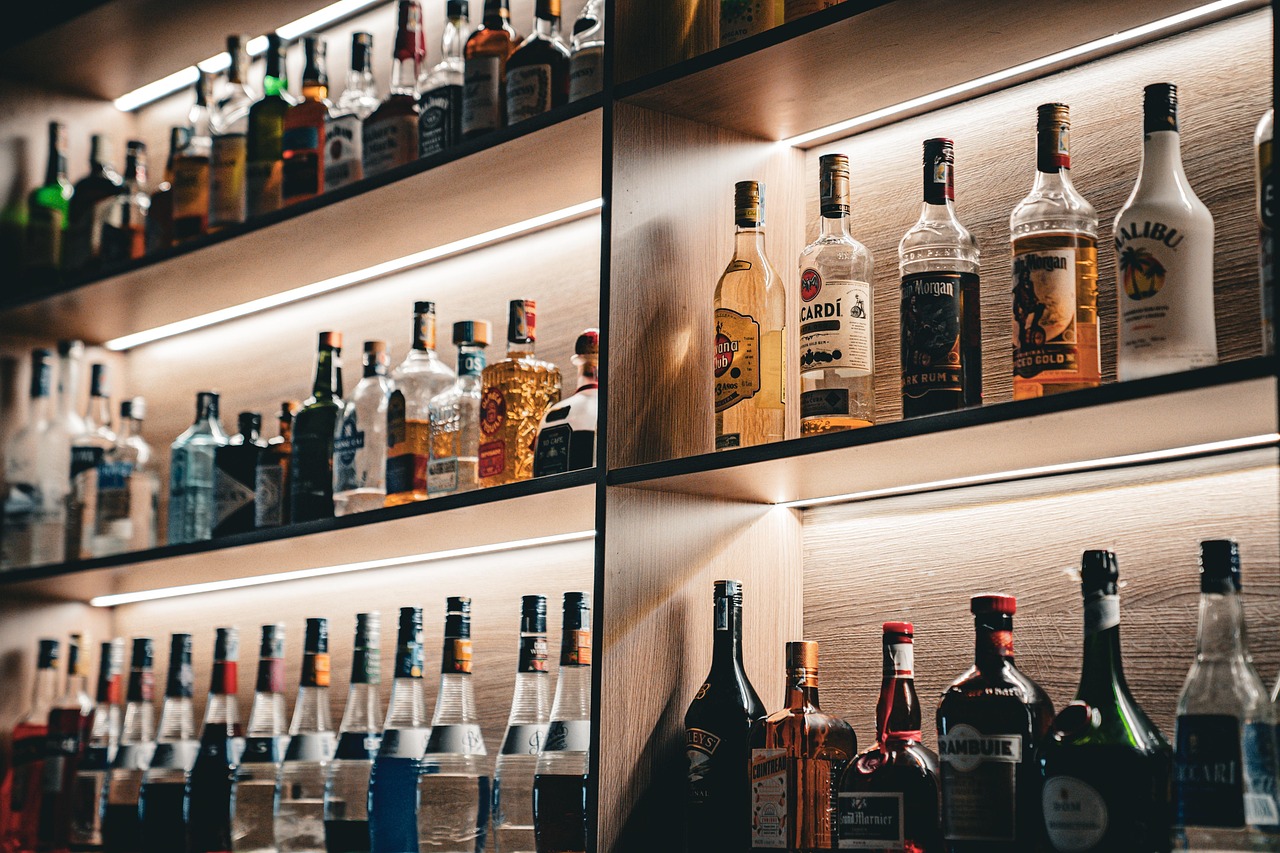Attachments
Note: Not all attachments are visible to the general public. Research URLs will go live after the embargo ends.

Research
Massachusetts Medical Society, Web page
Please link to the article in online versions of your report (the URL will go live after the embargo ends).
Journal/
conference: New England Journal of Medicine
conference: New England Journal of Medicine
Research:Paper
Organisation/s:
The University of Queensland, The University of Melbourne, La Trobe University, Massey University, International Agency for Research on Cancer
Funder:
Supported by the European Union, the World Health Organization
Regional Office for Europe, the U.S. Centers for Disease
Control and Prevention (award number, NU58DP007177), and
the American Cancer Society (contracts 92768 and 99372).



 Australia; New Zealand; VIC; QLD
Australia; New Zealand; VIC; QLD


